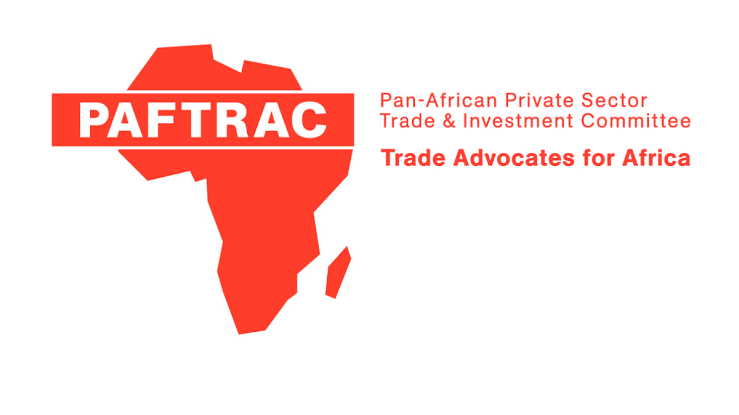The International Finance Corporation (IFC) has announced a partnership with Union Bank of Nigeria Plc to assist the bank in strengthening lending capacity to hundreds of businesses in important sectors such as food, healthcare, manufacturing, and services in the country.
Union Bank will be able to increase trade financing and working capital lending to Nigerian businesses, including those whose cashflows have been affected by recent disruptions in global and local markets, thanks to the IFC’s $30 million loan.
The collaboration with Union Bank demonstrates IFC’s commitment to assisting Nigerian small firms in preserving and creating jobs, as well as gaining access to crucial inputs.
“As a bank, we are deeply committed to enabling success for SMEs. We understand the critical role of small businesses in leading Nigeria’s economy toward growth. This funding from IFC will enable us to extend financial relief to our customers during this difficult time. I am confident that the funds will help these businesses harness opportunities, and preserve jobs,” said Mudassir Amray, Managing Director and Chief Executive Officer of Union Bank.
“Strengthening supply chains and trade flows through working capital financing sets the stage for faster growth and economic diversification in Nigeria. IFC’s partnership with Union Bank is part of a wider strategy to ensure the flow of goods and services are sustained despite global trade disruptions,” said Kalim M. Shah, IFC Senior Country Manager for Nigeria, Liberia, and Sierra Leone.
The loan to Union Bank is made possible by IFC’s COVID-19 Emergency Response Working Capital Solutions Envelope, which was launched in 2020 to provide funding to existing IFC clients in emerging markets, who will then extend new loans to companies affected by COVID-19’s economic impacts.
Recent global economic disruptions, such as rising inflation and limited access to finance, have left many Nigerian businesses, particularly SMEs, grappling with supply chain shortages, increased costs of doing business, and limited trade growth.
IFC has an active investment portfolio of $2.3 billion in Nigeria – the second largest in Africa after South Africa – across sectors including agribusiness, healthcare, manufacturing, infrastructure, technology, and financial services.









